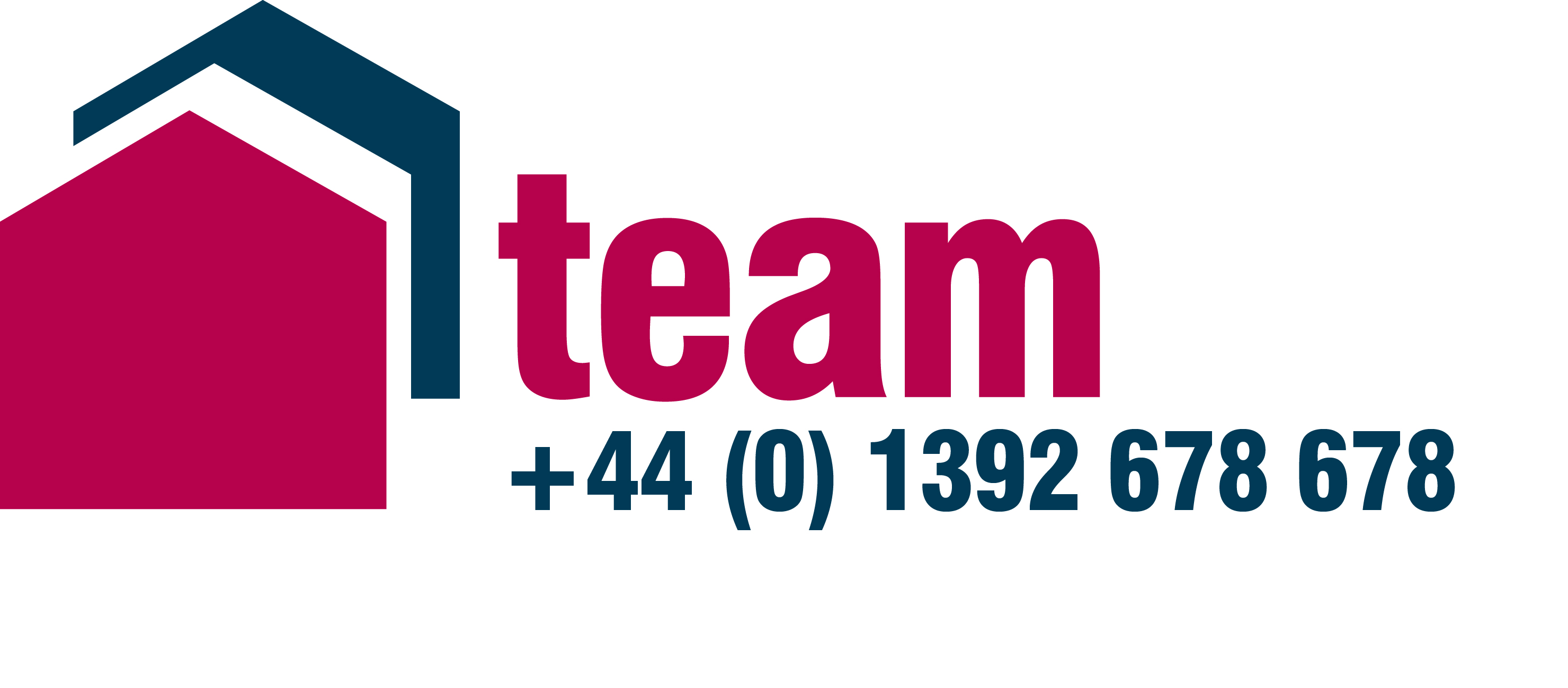MORTGAGE ALERT - Average tracker falls below 2%
Source: Money Facts
Average mortgage rates have been hovering around record low levels for some time, but recently, there have been signs that rates were starting to rise, particularly in the variable sector. Well, things seem to be reversing once again – after several months of steady increases, our latest figures show that the average tracker rate has experienced a dramatic reduction, falling below 2% for the first time on record!
A new record
The figures reveal that the average two-year tracker mortgage rate now stands at a record low of 1.98%, down by a significant 0.07% from October's rate of 2.05% and marking the first drop in four months. This is the lowest average mortgage rate ever recorded, and means that those who are comfortable with a variable rate deal will be able to benefit from the lowest repayments ever.
The rate had been steadily increasing since July which makes this reduction even more notable, but just what's caused such a dramatic drop? Well, arguably, much of it comes down to the combination of falling inflation and continued speculation over the path of base rate.
A positive (mortgage) market
Last month it was announced that inflation returned to negative territory in September, falling back to -0.1% after having hovered around the zero mark for much of the year so far. This essentially means that the cost of living is now marginally lower than it was a year ago, and the continued run of low inflation has led to speculation that base rate could remain low for longer than had been initially thought.
This assumption was confirmed last week when Governor Mark Carney said that base rate wasn't expected to rise until at least the latter part of 2016, going against his previous prediction that it would rise around the turn of this year. As a result, it's largely expected that mortgage rates will remain similarly low for the foreseeable future: any reduction in risk creates the potential for providers, particularly those in the variable sector, to reduce rates, as stable housing costs mean that affordability profiles for some borrowers will have improved.
Responsible lending
Let's break it down a bit. Low inflation already means that affordability is improving for many households, and the prediction that base rate is set to remain low for at least the next year means that this level of affordability is likely to be maintained, as variable mortgage rates shouldn't increase too much in the near term. This, in turn, means that there's less risk of variable rate borrowers defaulting on their mortgage, as they'll hopefully be able to continue being able to afford their current level of repayments.
A reduction in risk means that providers can reduce rates and make their products even more competitive, which is excellent news for variable rate borrowers! However, providers are remaining sensible. There's actually been a slight drop in product numbers this month (down by 111 to 4,033), which suggests that lenders aren't trying to attract fixed rate borrowers by launching a wealth of variable rate alternatives – instead, they're competing on a smaller scale by offering reduced rates to those who could already afford such a mortgage. Responsible lending at its finest.
Time to go variable?
Given that expectations of a rise to base rate have been firmly pushed back for another year, there's every chance that mortgage rates, particularly those in the variable rate sector, could remain at historically low levels. Fixed mortgage rates also dropped this month, albeit to a lesser extent: the average two-year fixed rate dipped by 0.01% (to a new record low of 2.67%), while the average five-year fixed rate fell for the first time in three months to stand at 3.29%, down 0.02% from October.
However, while fixed rates are still highly competitive, you may be tempted to go variable given that rates are so low. But, a word of warning – base rate may be staying low for the time being, but there are plenty of other factors that can impact mortgage rates, and if you've got a variable rate deal there's simply no guarantee that it'll stay low for that long.
Really, you should only consider a variable rate mortgage if you are truly confident that you can absorb any future increase in mortgage payments, because if you'd rather have repayment security – and want to be able to budget accurately – it's probably best to stay fixed. However, if you're aware of the risks, are confident in your finances and want to benefit from the lowest mortgage rates available, then it's time to get searching for the best variable rate deals!



